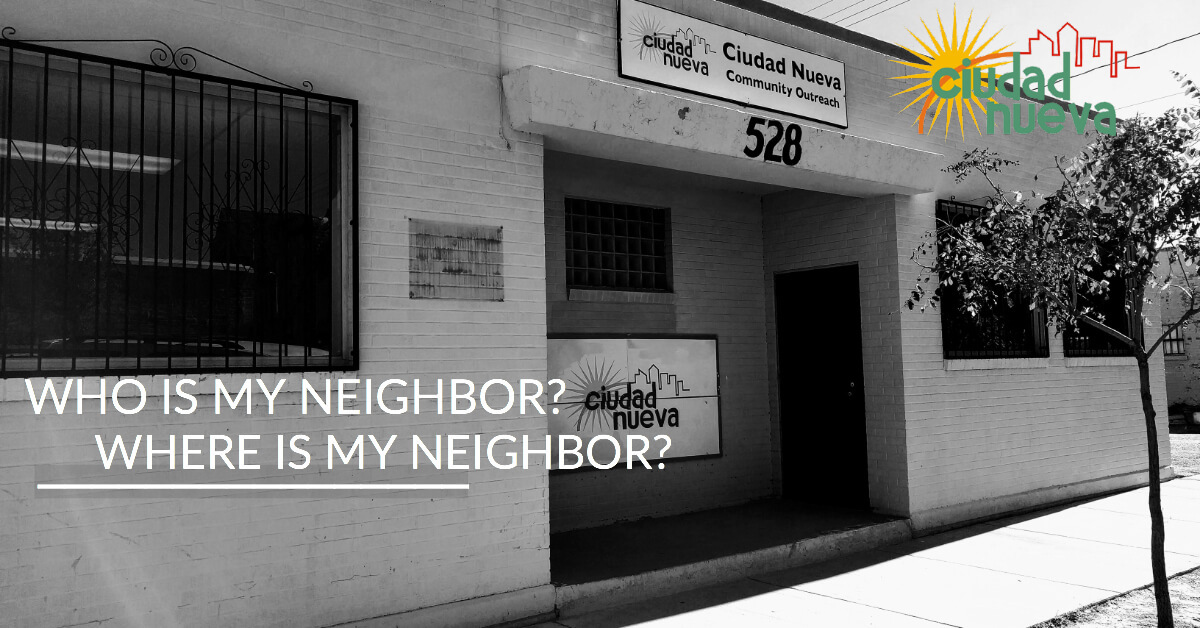While the issue of immigration may have a highly political charge in our country right now, for Ciudad Nueva, immigration has a personal face. Some of our team at Ciudad Nueva have migrated to the United States. Immigrants are our neighbors. They are our friends. In addition, as a border city, we are accustomed to welcoming guests with open arms, making sure they enjoy the best food, and showing them all that is beautiful in El Paso.
Making real connections with neighbors near and far
The shifting sands of current immigration policies and divisive national conversations have left many in our community feeling unwanted, insecure, and sometimes even targeted — even those who have citizenship but whose roots lie south of the border. In addition, newcomers at the border have sometimes been greeted with hostility and unfair treatment rather than with hospitality and legal access to rights.
Many of our neighbors who once thought their status here to be secure are now experiencing uncertainty in the face of changing laws and changing interpretations by local officials. For instance, one friend on a student visa married a U.S. citizen and was denied re-entry into the U.S. as she was returning from her honeymoon. Stories like these highlight the individual challenges faced every day by those with cross border ties.
Recently, Sami DiPasquale had the opportunity to travel to Central America to hear the stories of people who live and work in communities around Honduras, El Salvador and Guatemala, delving into some of the reasons that drive them to leave their home and country. These stories and the experiences of our neighbors here in El Paso help us understand the nature of immigration outside the numbers and news stories.
Why do people leave their homes?
To pack up and leave one’s home, presumably forever, cannot be minimized as a trivial decision, especially since most immigrants coming to the U.S. border from Central America are facing a very uncertain future.
The reasons that people might make this life-altering decision may be as varied as the individuals themselves, but a few themes were repeated over and over again as Sami met with immigrants and non-profit workers in Central America.
- Corruption – Governments cannot be relied on to protect citizens as they have often been infiltrated by individuals with negative interests.
- Violence – “They are fleeing violence,” says a local Honduran simply. Local violence by gangs, unchecked by authorities, marks the everyday existence of people in many communities.
- Powerlessness – Corruption in government means that bringing about change feels impossible for individuals and communities.
- Poverty – “They are looking for rest,” says one aid worker. “They crave relief from the oppression of poverty and for a new start.” Many do not have enough food to eat.
It is difficult for us to imagine the levels of violence, suffering, corruption, and injustice in Central America. In the U.S., few of us have a frame of reference for the daily experiences of our southern neighbors.
What can we do? What should we do?
One powerful story that Sami encountered was of a man from El Salvador named José. He had passed through El Paso twenty years ago on his way north to San Francisco. Arriving hungry, exhausted, and robbed of his possessions, he had experienced respite at a local hospitality house for immigrants.
Although some immigrants who end up back in their home countries can become part of the cycle of poverty and violence, José has returned to Central America and now ministers among the poor and marginalized in one of the most dangerous colonias in Tegucigalpa, the capital city of Honduras. His brief stop in El Paso was a tiny part of his story, but it left an indelible mark on him, inspiring him to give back to those in need. It serves as a guiding light for those of us wondering what we should be doing to connect with the challenges at our border.
“José expressed his desire to communicate to the church in the U.S. that the hospitality we offer matters,” says Sami. “The kindness we show or withhold matters. The embrace we offer those who end up in our communities matters. The community development efforts we invest in matter.” José expressed passionately how the small seeds of kindness that we plant can grow in mysterious and inspiring ways, as evidenced by his own life.
Five ways you can respond in your community
- Migrants are our neighbors, passing through our city and churches, and sometimes settling in our communities. Find ways to meet needs on a practical level by getting involved in organizations like Ciudad Nueva that are helping to meet needs in your community.
- Central American church leaders are engaged in incredible sacrificial work, and they feel alone and often invisible to the church in the U.S. Pray for these leaders and consider supporting some of the work they are doing on the ground to stabilize their neighborhoods – churches, community development nonprofits, youth programs or micro loans for businesses. Contact Sami if you are interested in learning more.
- Every interaction, every act of love, and every relationship makes a difference toward either love or fear. Challenge yourself to interact with someone who is fleeing their country and listen to their story. There are many opportunities to help out with churches in El Paso that have opened up temporary shelters for those seeking asylum and on their way to other cities for immigration court dates. Contact Blanca to learn more.
- Our history and foreign policies shape the realities in those countries which contribute to the push factors toward our border. Seek to discover more about the complicated realities and question simplistic answers to tough problems. Sami is happy to share with your church or group what he learned about the realities in Central America.
- Finally, we are inextricably linked to the struggle in Central America. We need to become educated, develop relationships, examine our policies and discern how God is calling us to respond. If you would like to join a discussion group to dialogue about this issue please let us know.
How can we connect?
It is important for us as people of faith and as those who care about our neighbors to listen to real stories of immigrants who are facing these difficult situations every day. These stories give us insight into the true nature of immigration today and, at Ciudad Nueva, they drive us to continue our work to cultivate hope and an environment where youth and families are empowered for a successful and secure future.
Are you interested in connecting by offering hospitality and hope? Please contact us today to get involved in the important work we are doing with our neighbors and friends. Click here or call us at 915-521-2951.
You can read more about Sami’s journey to Central America on the Christian Community Development Association (CCDA) website here.


